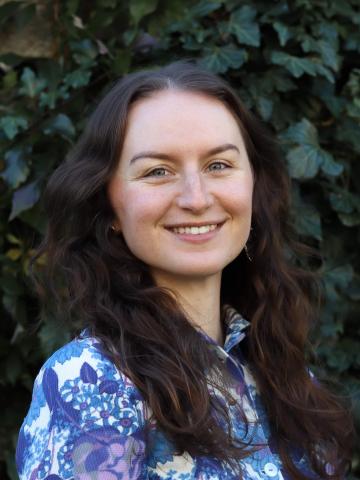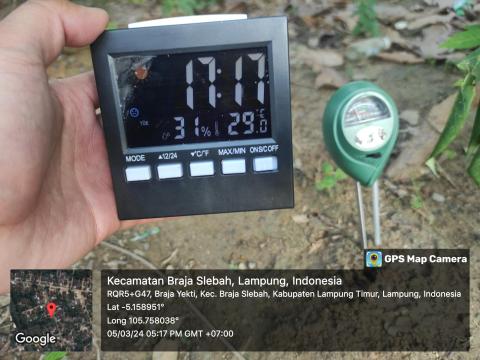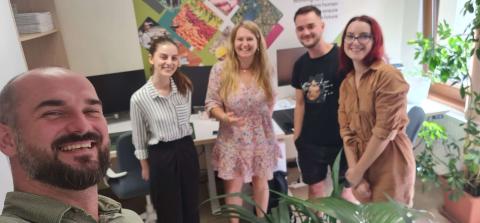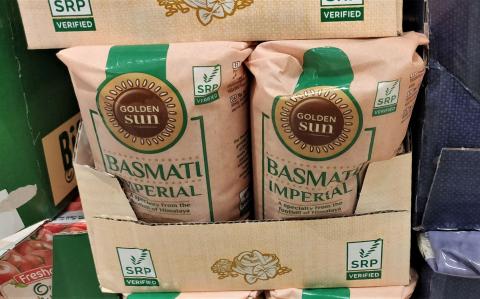From Copenhagen to Central Java: A junior researcher's journey with the Low Carbon Rice project
We talked with one of our junior researchers, Vittoria Giachino, who joined our Low Carbon Rice initiative in April 2023 as part of her six-month research collaboration with Preferred by Nature.
We talked with one of our junior researchers, Vittoria Giachino, who joined our Low Carbon Rice initiative in April 2023 as part of her six-month research collaboration with Preferred by Nature.
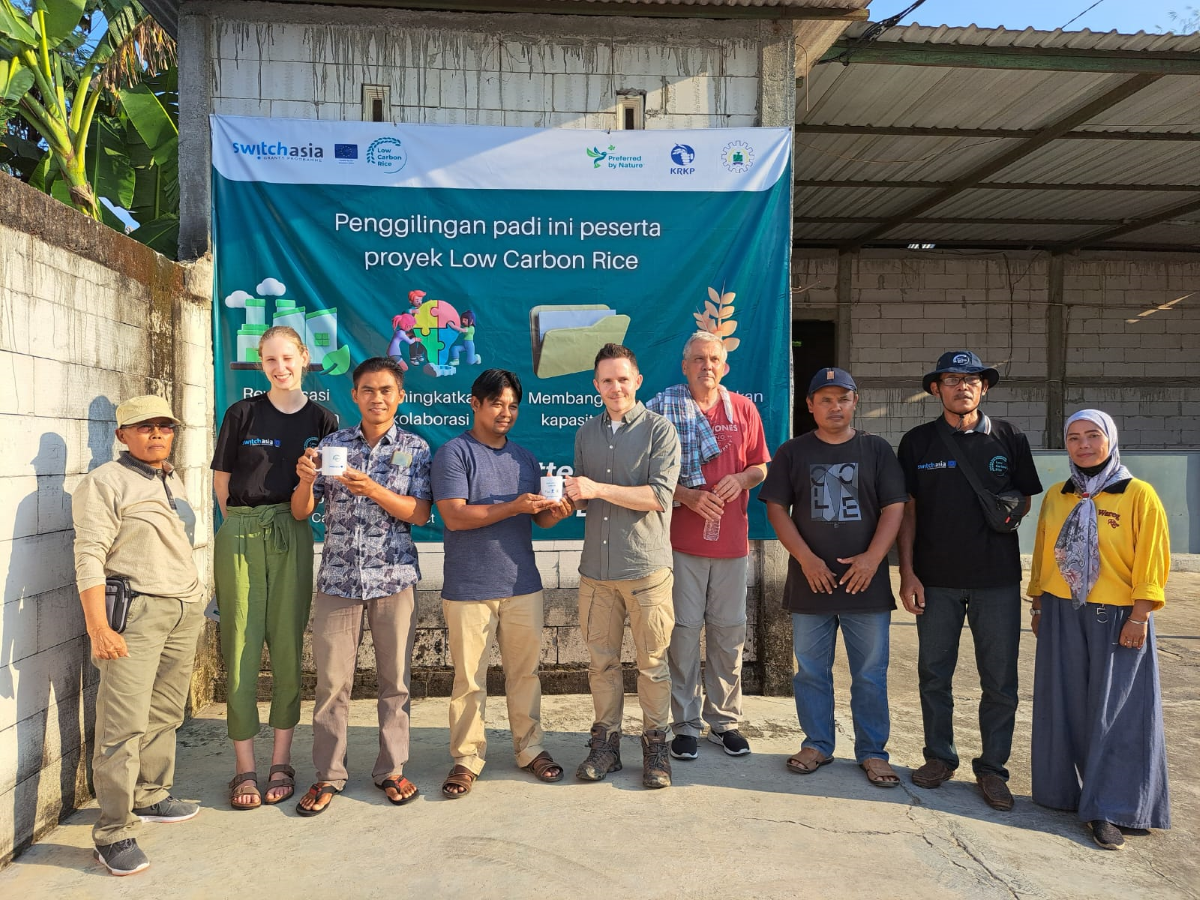
Vittoria, originally from northern Italy, embarked on a journey driven by her passion for languages, travel, and connecting with people from diverse backgrounds. To immerse herself in another country's education system while focusing on environmental issues. For that reason, she chose to pursue her master’s in Copenhagen, known for its interdisciplinary approach. During her studies, her interest in sustainability and development led her to specialise in food systems and agricultural value chains.
Vittoria collaborated with the Low Carbon Rice project team, rice millers, partners, and local stakeholders to understand their challenges and opportunities during the transition to electricity-based milling processes. Learn more about her experience below.
Could you share some insights into your role and experiences working with Preferred by Nature under its Low Carbon Rice project in Indonesia?
The initial weeks in Indonesia were intense yet enriching as I immersed myself in a new culture, work environment, and the project's dynamics. With guidance from the Central Java team and our partner Perkumpulan Penggilingan Padi dan Pengusaha Beras Indonesia (PERPADI), I interviewed 60 small rice millers across Klaten and Boyolali. I explored the challenges and opportunities rice millers faced while transitioning from biodiesel to electricity in their milling processes, the impact of social networks on their business decisions, and insights about business model improvements since the project's inception.
I also had the chance to interview two large millers, local agricultural authorities, and the national electricity provider, Perusahaan Listrik Negara (PLN). After my fieldwork, I summarised my key findings and shared them with the local facilitators in Central Java.
What were the key findings and how did they contribute to evaluating the progress of the Low Carbon Rice project?
The findings from my fieldwork can be grouped into two categories: the questionnaire and the interviews. The questionnaire responses provided insights into improvements in hygiene, safety, product quality, and machinery modernisation among small millers as a result of the project. The responses also assessed how the project improved the millers’ business models while reducing carbon emissions. The interviews delved into details about the energy transition and social dynamics among millers.
I wanted to learn what motivated them to adopt the energy transition, what barriers they faced, and how their relationships influenced the acceptance of innovative practices. I encouraged millers to share candid opinions, which helped gauge their satisfaction with the project. I also gathered insights from local authorities on the key challenges highlighted by the small millers for a more nuanced evaluation of the project's progress.
What kind of support did you get during your research collaboration with Preferred by Nature?
The support I received surpassed my expectations at every stage. My collaboration started with the support of the Junior Talent Supervisor, who played a pivotal role in my experience. The whole Preferred by Nature team in Indonesia was incredibly hospitable and generous. My supervisor, Siti Jamillah, Technical Specialist at Preferred by Nature and PERPADI's local facilitators were instrumental in refining my research questions and data collection strategy, as well as arranging interviews, mill visits, and interactions with local authorities.
Outside of my research, everyone I met in Indonesia helped me settle into my new environment. They introduced me to local customs and novel experiences. Whenever I had problems, whether research-related or personal, I received unwavering support and empathy. This collaboration not only enriched my research but also fostered a sense of belonging and comfort while I was in Indonesia.
What are some challenges you encountered during your research collaboration, and how did you navigate or overcome them?
One of the significant challenges I faced happened within the first two weeks of my stay. Initially, I planned my research questions around rice production policies and stakeholder engagement. However, I quickly realised that this approach didn’t align with the project’s current developments and goals. It was a tough decision, especially right before my fieldwork was scheduled to begin, but I started from scratch to redefine my research questions and data collection strategy. Thanks to the unwavering support of my Preferred by Nature supervisor and my university guide, I managed to successfully outline a new plan.
This experience highlighted the importance of adaptability in research and taught me that while preparation is essential, real understanding comes from being on the ground. Flexibility is key. Research should be responsive to reality, not the other way around.
How did this collaboration with Preferred by Nature impact your thesis?
It harmonised seamlessly with my two years of learning and specialisation which helped me translate theoretical concepts into real-life actions and goals. Undertaking a mid-term evaluation of the Low Carbon Rice initiative gave me a close look at how agricultural development projects work. I also appreciated the efforts of the project to create a multi-stakeholder platform around sustainable rice and to encourage connections between small and big millers for the accelerated adoption of innovations and improvements. I'm grateful that I had the opportunity to practically test and validate my hypotheses within the context of the project and actively contribute to meaningful change on the ground.
How will this experience impact your personal and professional growth? Are there specific skills or insights you gained that you believe will be valuable in your future career?
This experience has been immensely impactful in terms of both personal and professional growth. It was my first opportunity to engage with an organisation that aligns so closely with my academic path and future aspirations. I encountered non-governmental organisations (NGOs) and their roles in development and sustainability through theory. However, this collaboration allowed me to delve into the inner workings and execution of projects. It bridged the gap between theory and practice, providing me with a holistic understanding of working within such organisations.
On a personal level, this experience has given me practical insights, knowledge, skills, and personal strengths that will undoubtedly shape my future endeavours. It helped hone my skills in research planning, data collection, analysis, and report writing, which extend beyond research and have broad applicability.
What are the key takeaways from this research collaboration opportunity? How do you envision your report contributing to the organisation’s ongoing efforts and initiatives?
I hope my findings will contribute to refining the project's second phase. My data collection coincided with the Low Carbon Rice project's midpoint, so my findings can be valuable in addressing underperforming aspects. I also anticipate that my results will inform the design of future projects.
My key takeaway is that providing opportunities for university students like me is very valuable. The Junior Talent Programme can offer an immense learning experience for students while benefiting Preferred by Nature as well. Many students are eager to apply their knowledge in practical settings. They are motivated to interact and gather insights on the ground to produce comprehensive and well-informed reports for the organisation.
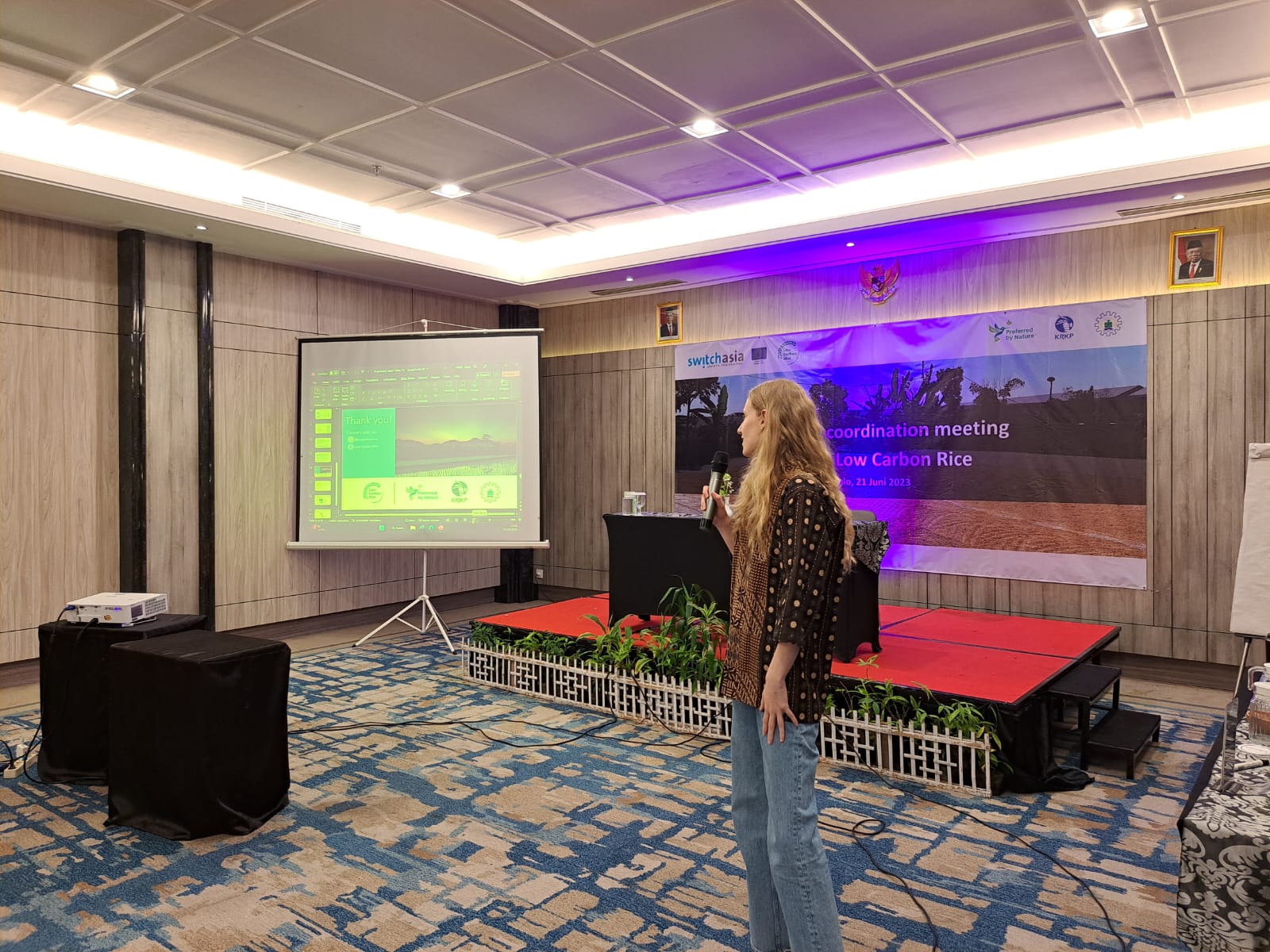
Looking ahead, how do you foresee the experiences and knowledge gained from this research collaboration shaping your professional path and aspirations? Are there specific areas or sectors you now feel more inclined to pursue in your future endeavours?
This internship helped confirm my interest in sustainable development in agriculture, food systems, and the impact of agriculture on the climate and ecosystems. The experience with Preferred by Nature has solidified my aspiration to work within an organisation that shares my values—where social and environmental sustainability unite and where impactful projects are at the forefront. The tasks related to project design, implementation, and evaluation have captured my interest. I’m keen on pursuing roles that involve creating, executing, and assessing projects with tangible real-world impact. However, I’m also open to exploring other avenues, including governmental institutions and profit-oriented companies, if the core focus remains on sustainability.
To learn more about the Junior Talent Programme, please contact us.
